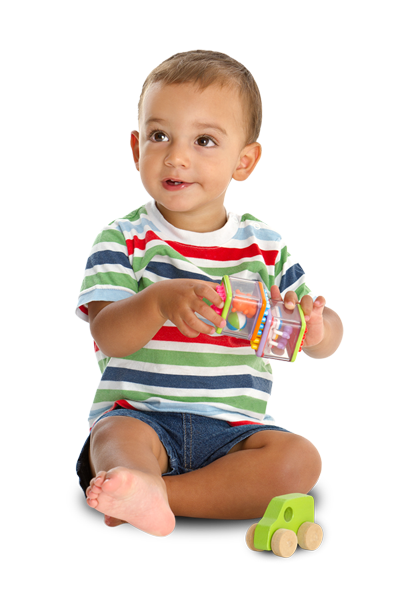Causes
A diet that is low in fibre isn’t the only thing that can cause constipation.
- Changes in routine
- Diet
- Reduced physical activity
- Some medications
- Pregnancy
- Various medical conditions
- Dehydration
And even ignoring the urge to go to the toilet can all slow the bowel and have an impact on your regularity.
Constipation is more common in women than men and incidence increases with age.
Treatments
Your healthcare professional can help you to understand what has caused your constipation so you can formulate a management plan. Drinking more fluids, especially water, and eating more wholegrain cereals, fruit and vegetables may help to relieve your symptoms. Regular exercise can also support normal bowel function.
If dietary and lifestyle changes aren’t effective, the short-term use of a laxative may help to relieve constipation until the body can resume normal bowel function.
There are different types of laxatives available that work in different ways to help relieve constipation.
- Some may soften a hard stool making it easier to pass.
- Some add bulk to stools.
- Some draw water into the stool.
- Some stimulate the bowel to push the stool out.
Consipation in babies and toddlers
Babies and toddlers may suffer from constipation, for a variety of reasons. Formula feeding, starting on solid food, or toilet training can all make them less ‘regular’. Coloxyl® infant drops is a gentle stool softener, especially for infants and young children up to three years’ old, that provides effective relief within 2-3 days.
Constipation in babies
It can be difficult to know if a baby has constipation because there is such variation in the firmness and frequency of poo in babies.
- Breastfed babies may have a poo following each feed but some breastfed babies only poo every 7 to 10 days.
- Babies fed formula tend to poo at least every 2 to 3 days.
- It is common for babies to strain a lot when they poo. As long as their poos are soft, they aren’t constipated.
If your child has been given laxatives or stool softeners and is still not getting better, see your doctor.
Coloxyl® products are available from your pharmacy.

Coloxyl® Infant drops, Coloxyl® 50 film coated tablets, Coloxyl® 120 film coated tablets, Coloxyl® with senna tablets are used for constipation. Always read the label and use as directed. If symptoms persist see your healthcare professional. ®Registered Trademark. Aspen Pharma C/O Pharmacy Retailing (NZ) Ltd, Auckland, New Zealand.
TAPS PP6756-OC20
Coloxyl® Infant Drops, Coloxyl® 50 film coated tablets, Coloxyl® 120 film coated tablets, Coloxyl® with senna tablets are used for constipation. Always read the label and use as directed. Do not use for prolonged periods. If symptoms persist see your healthcare professional. ®Registered Trademark. Aspen New Zealand C/O Pharmacy Retailing (NZ) Ltd, Auckland. TAPS BG2241.
Coloxyl® Infant Drops, Coloxyl® 50 film coated tablets, Coloxyl® 120 film coated tablets, Coloxyl® with senna tablets are used for constipation. Always read the label and use as directed. Do not use for prolonged periods. If symptoms persist see your healthcare professional. ®Registered Trademark. Aspen New Zealand C/O Pharmacy Retailing (NZ) Ltd, Auckland. TAPS PPXXXX-JU20
